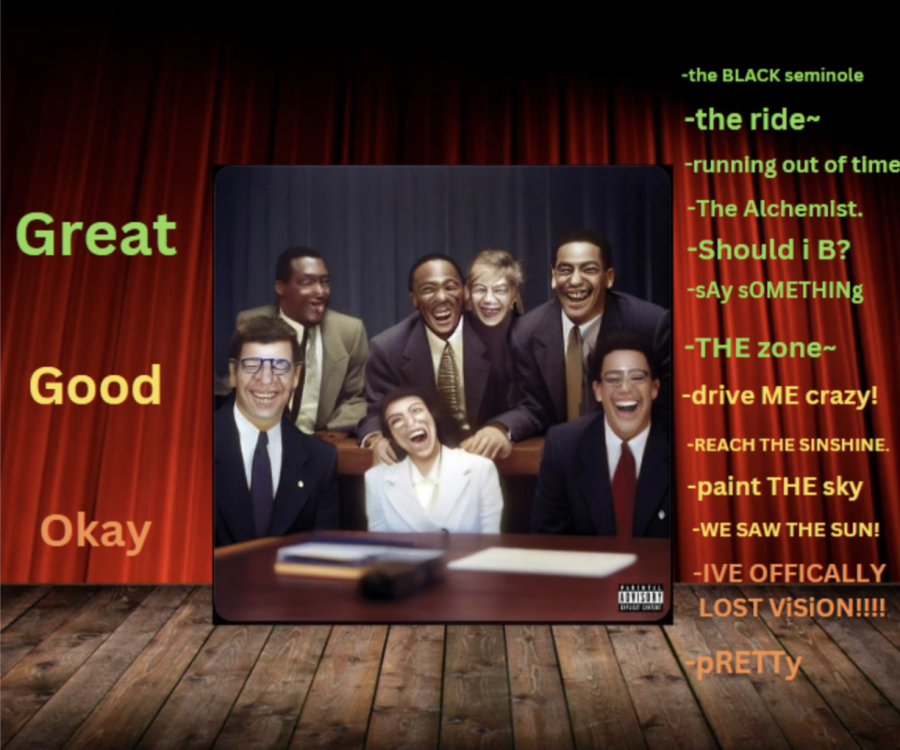On Oct. 21, 2011, Coldplay released their fifth studio album, Mylo Xyloto, with the intention of being unique and original. The album is based off of a love story between Mylo and Xyloto, and while this love story basis is an attention grabber, the outcome of their work was inconsistent. Moreover, while some songs or choruses were a reminder of why Coldplay is so famous, showing the perfect balance between voice and instrumentals, other songs were just a weak attempt at being contemporary.
The album has received mixed reviews from The New York Times, Billboard, and several music blogs such as “Pretty Much Amazing,” but ultimately the honest lyrics and vulnerable feeling that Coldplay once executed so well are being left in the dust, along with many of their old listeners.
The overpowering instrumentals and electronica feel is exhibited immediately in the introduction song, “Mylo Xyloto.” This song not only introduces the album, but shows how the more pop-like feel to the songs has now draped itself over the simpler melodies and strong vocals that Coldplay once relied on.
In addition, Coldplay is known for their pureness, their simplicity, and their musical flexibility. Hit songs such as “Yellow” and “Viva la Vida” from past albums had the potential to be played acoustically and in different variations, giving the fans of Coldplay what they want to hear. Because of the complexity of each song on Mylo Xyloto, Coldplay is losing the flexibility of their music, taking away a major reason as to why they are so successful and loved.
Take the song “Hurts Like Heaven,” for instance. As opposed to Coldplay’s past songs, “Hurts Like Heaven” relies on the instrumentals instead of Chris Martin, who is the lead singer of Coldplay. The “pop” that has bombarded this song causes the vulnerability and pureness of Martin’s voice to become disguised, and also eliminates the option of this song being sung acoustically.
Then, of course, there is “Princess of China,” the collaboration between Rihanna and Coldplay. The lyrics of this song were bland and cheesy, specifically in the chorus which reads, “I could have been a princess, you’d be a king / Could have had a castle and worn a ring.” This song just further proves how the more modern spin Coldplay took with this album was put into play in order to reach a larger audience, which did not work to their advantage.
However, there are positives to this album. While Coldplay’s attempt at being more current has caused them to look as if they are trying to be more “in” with the latest musical trends, it is evident that their talent is still present. For instance, Martin’s voice still stands out when he delivers in “Up in Flames” and “Us Against the World,” which are songs that have choruses slightly reminiscent of their last few albums. In addition, the song “Paradise,” which consists of somewhat cheesy lyrics, has been one of their best-sellers from the album and proves that Coldplay has not completely changed their ways on this overall mediocre album.



















































